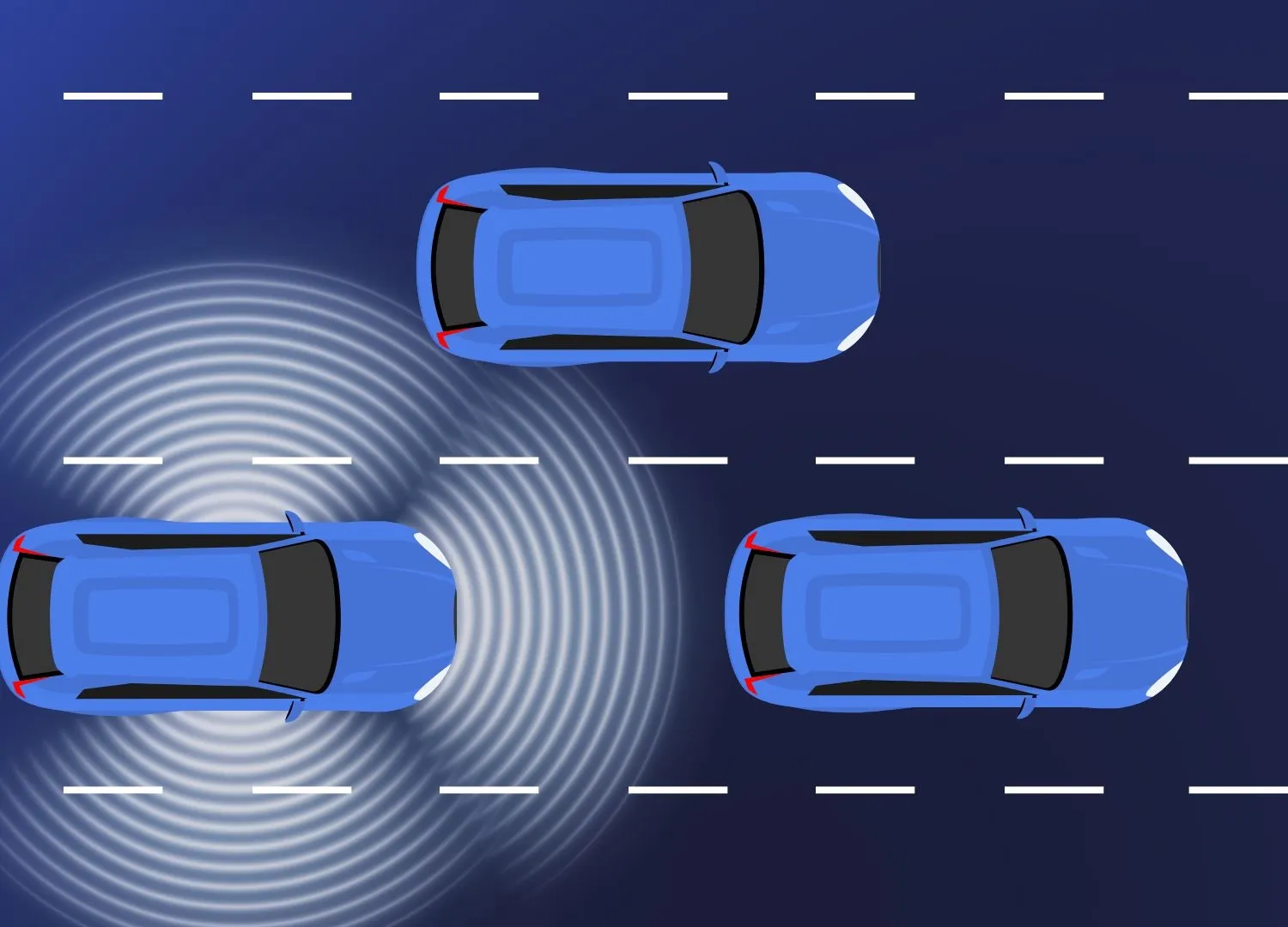In light of the VW emissions testing scandal, FIA Region I continues to urge the introduction of a more rigorous testing procedure for vehicle emissions and fuel consumption in the EU. Although vehicles are passing the tests, a growing body of evidence shows that virtually no vehicle, whether diesel or petrol, can comply with emissions levels achieved in testing when in real-world settings.
The FIA and its members have consistently supported the introduction of a robust test cycle and real driving emiss
September 28, 2015
Read time: 2 mins
In light of the VW emissions testing scandal, 8054 FIA Region I continues to urge the introduction of a more rigorous testing procedure for vehicle emissions and fuel consumption in the EU. Although vehicles are passing the tests, a growing body of evidence shows that virtually no vehicle, whether diesel or petrol, can comply with emissions levels achieved in testing when in real-world settings.
The FIA and its members have consistently supported the introduction of a robust test cycle and real driving emissions measurements. According to the ICCT, the gap in CO2 emissions on the road, as opposed to in the laboratory, has reached 38 per cent in 2013 compared to eight per cent in 2001. FIA Region I member, ADAC in Germany, has run independent ‘eco tests’, which frequently unveil particulate level variations from 7-20 times more than allowed in European legislation.
Motorists bear the burden of this gap and they are increasingly penalised by the authorities on particulate emissions as well. Legislators should limit the information asymmetry by: Implementing a better test procedure, the World Light Duty Procedure, by 2017; Making sure that real driving emissions legislation is implemented as soon as possible. Vehicles should not be allowed to diverge from the Euro 6 Legislation by more than 1.5 (the so-called conformity factor); providing consumers with clear energy efficiency labelling for new vehicles, based on realistic figures.
Jacob Bangsgaard, FIA Region I Director General, said running costs are of great concern to consumers so they should continue to demand that vehicle manufacturers develop solutions to ensure that vehicles become as efficient as possible on our roads. If the current system results in efficiency benefits being withheld from consumers, then policymakers must improve it. European drivers should decide which technology is best suited to their needs based on accurate information on what vehicles are emitting and consuming.”
The FIA and its members have consistently supported the introduction of a robust test cycle and real driving emissions measurements. According to the ICCT, the gap in CO2 emissions on the road, as opposed to in the laboratory, has reached 38 per cent in 2013 compared to eight per cent in 2001. FIA Region I member, ADAC in Germany, has run independent ‘eco tests’, which frequently unveil particulate level variations from 7-20 times more than allowed in European legislation.
Motorists bear the burden of this gap and they are increasingly penalised by the authorities on particulate emissions as well. Legislators should limit the information asymmetry by: Implementing a better test procedure, the World Light Duty Procedure, by 2017; Making sure that real driving emissions legislation is implemented as soon as possible. Vehicles should not be allowed to diverge from the Euro 6 Legislation by more than 1.5 (the so-called conformity factor); providing consumers with clear energy efficiency labelling for new vehicles, based on realistic figures.
Jacob Bangsgaard, FIA Region I Director General, said running costs are of great concern to consumers so they should continue to demand that vehicle manufacturers develop solutions to ensure that vehicles become as efficient as possible on our roads. If the current system results in efficiency benefits being withheld from consumers, then policymakers must improve it. European drivers should decide which technology is best suited to their needs based on accurate information on what vehicles are emitting and consuming.”









